"Diwali: The Festival of Lights and Joy"
Cultural Traditions:
Preparations for Diwali typically begin weeks in advance. Homes are thoroughly cleaned and decorated to welcome the goddess Lakshmi, the symbol of wealth and prosperity. Rangoli, colorful patterns created on the floor with powdered colors, rice, or flower petals, adorn the entrance of houses, adding to the festive atmosphere. The markets come alive with the sale of traditional clothing, sweets, and intricate earthen lamps. Families engage in the exchange of gifts and sweets as a gesture of goodwill and love.
Diwali also has a significant culinary aspect, with families preparing an array of sweets and savory dishes. The aroma of delicacies like ladoos, jalebis, and samosas fills the air, adding to the festive spirit. Special prayers and pujas are performed in homes and temples during the festival, seeking blessings for prosperity and well-being.
Symbolism of Lights:
The illumination of homes with diyas, candles, and decorative lights is perhaps the most iconic aspect of Diwali. Beyond its aesthetic appeal, this tradition carries deep symbolic meaning. The light is believed to represent the inner illumination that dispels ignorance and darkness. It is also a way of expressing gratitude to the gods for the blessings bestowed upon one's home and family.
Community and Social Harmony:
Diwali is a festival that transcends religious boundaries, bringing people from various communities and backgrounds together. The exchange of gifts and greetings fosters a sense of unity and shared joy. Many neighborhoods organize communal celebrations, featuring cultural performances, fireworks, and feasts, creating a spirit of togetherness.
Environmental Considerations:
In recent years, there has been a growing awareness of the environmental impact of traditional Diwali celebrations, particularly the use of fireworks. Many regions are now encouraging eco-friendly alternatives, such as LED lights and noiseless crackers, to reduce pollution and protect the environment. This shift reflects a broader societal consciousness about the need to celebrate festivals in an environmentally sustainable manner.
Conclusion:
Diwali, the Festival of Lights, is a time of joy, reflection, and unity. Its rich cultural and religious traditions, coupled with the emphasis on the victory of light over darkness, make it a unique and cherished celebration. As Diwali continues to evolve, adapting to contemporary sensibilities and environmental concerns, its essence remains rooted in the values of love, togetherness, and the triumph of good over evil. As we celebrate Diwali, let us not only illuminate our homes but also our hearts with compassion and goodwill toward all.
Introduction:
Diwali, also known as Deepavali, is one of the most celebrated festivals in India, marking the triumph of light over darkness and good over evil. This vibrant and joyous festival is observed by millions of people worldwide and holds significant cultural, religious, and social importance. Lasting for five days, Diwali is a time for family gatherings, elaborate feasts, and the illumination of homes with earthen lamps, or diyas. In this blog, we will delve into the rich traditions, cultural significance, and the essence of Diwali that makes it a unique and cherished festival.
Historical and Religious Roots:
Diwali has its roots in Hindu mythology and is associated with several legends, each symbolizing the victory of righteousness. The most widely known narrative is the return of Lord Rama, his wife Sita, and loyal companion Lakshmana to Ayodhya after defeating the demon king Ravana. The people of Ayodhya celebrated their return by lighting oil lamps, or diyas, to illuminate the path and welcome them home. This tradition has evolved into the central theme of Diwali, symbolizing the victory of light over darkness.
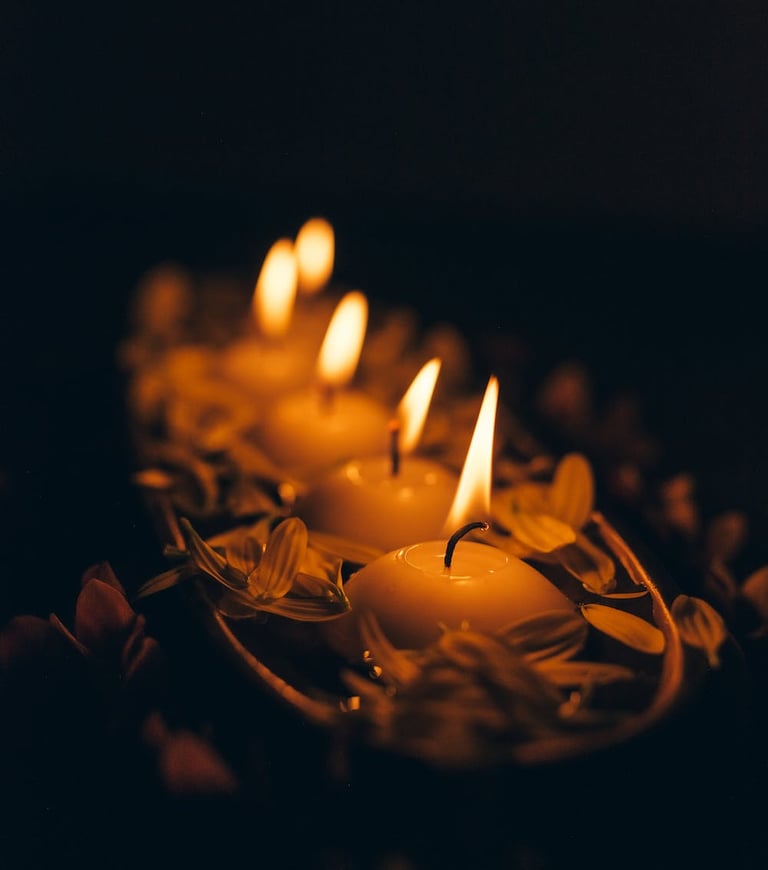

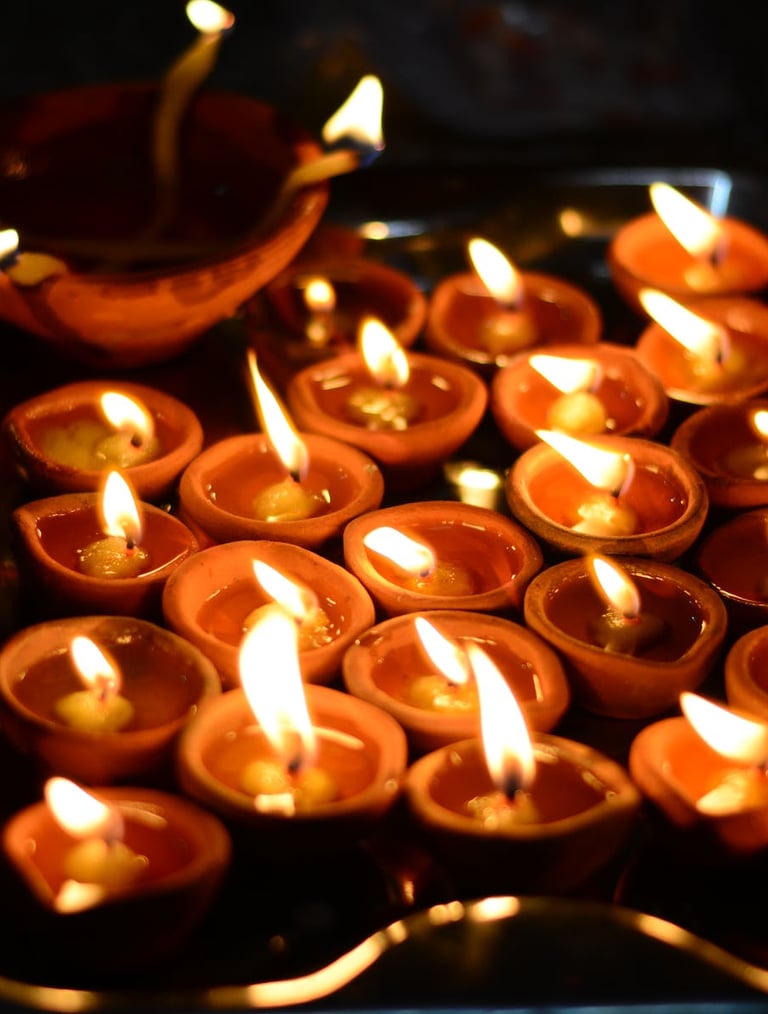

Diwali Diyas (Oil Lamps)
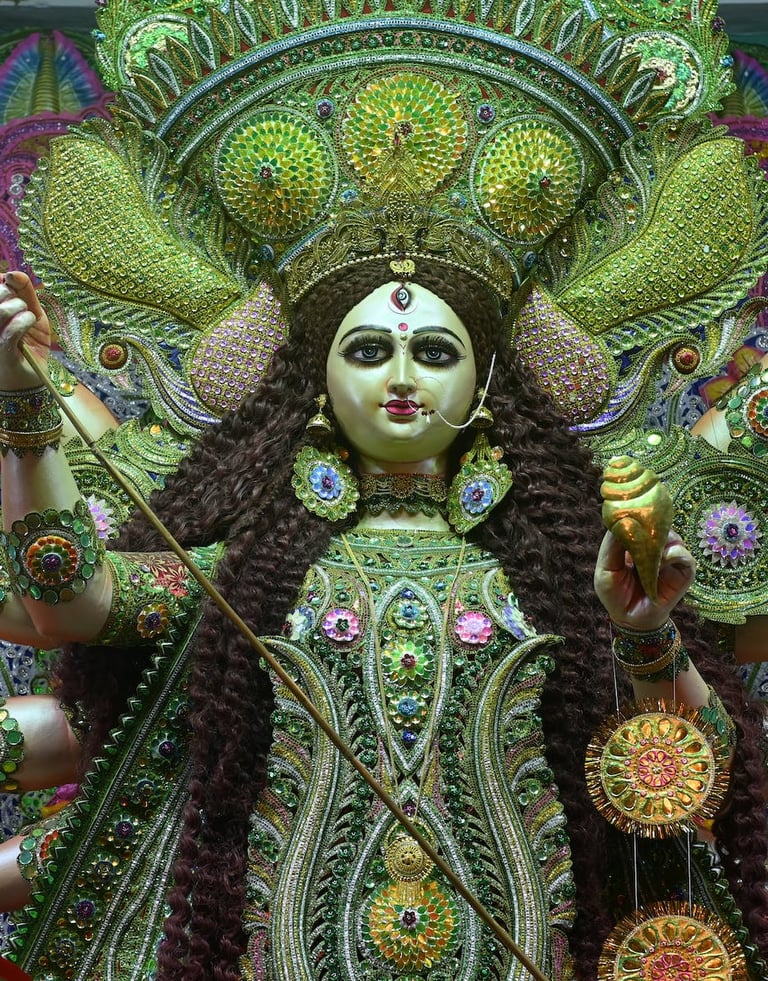

Lakshmi - Goddess of Hindus
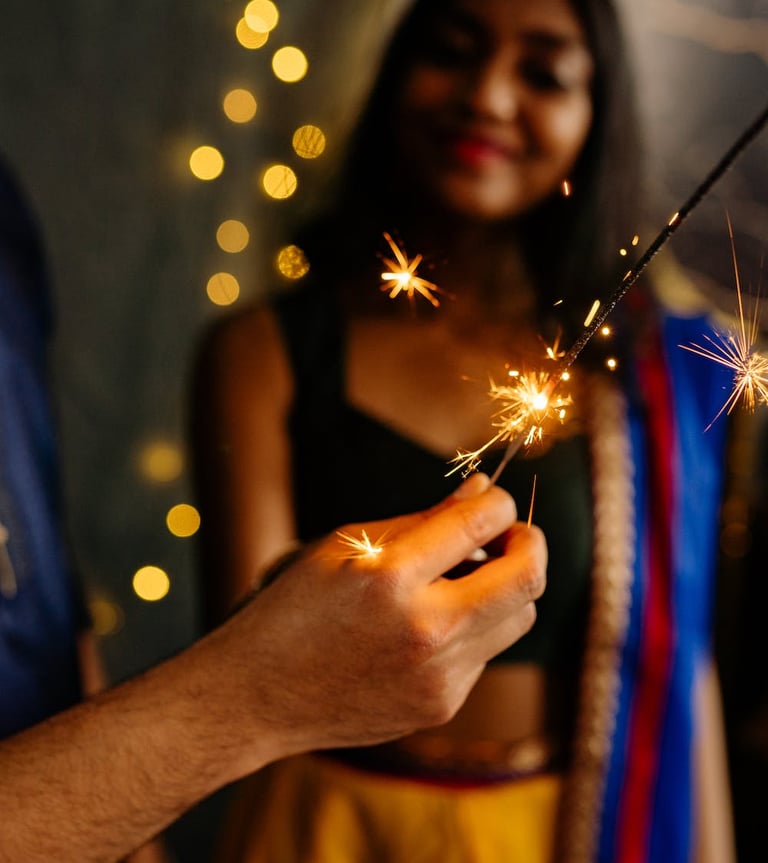

Diwali Diyas (Oil Lamps)
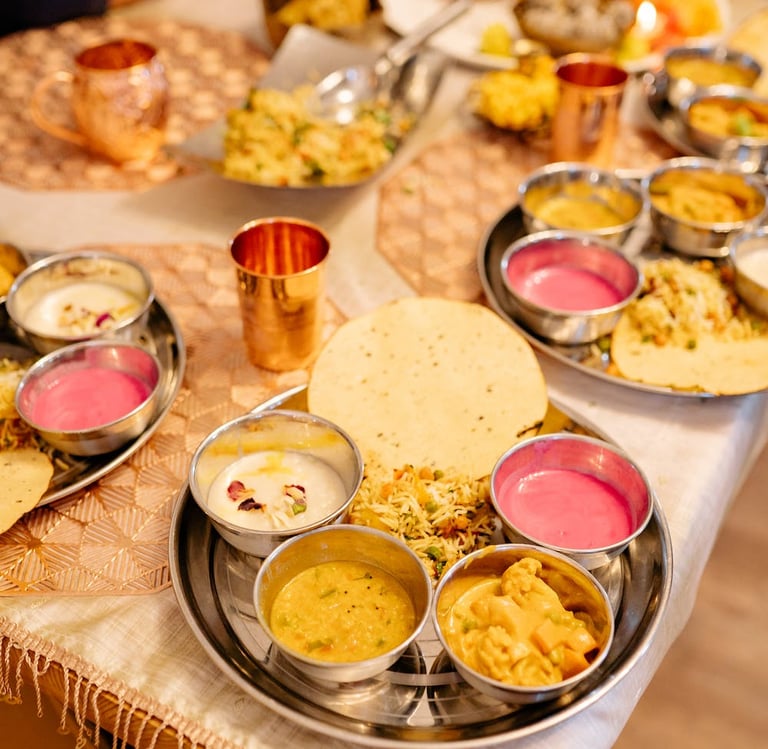

Address
Soan Garden, Islamabad
Pakistan
Contacts
WhatsApp: +92-321-9012647
Email: shafqat@foodandfestivals.com